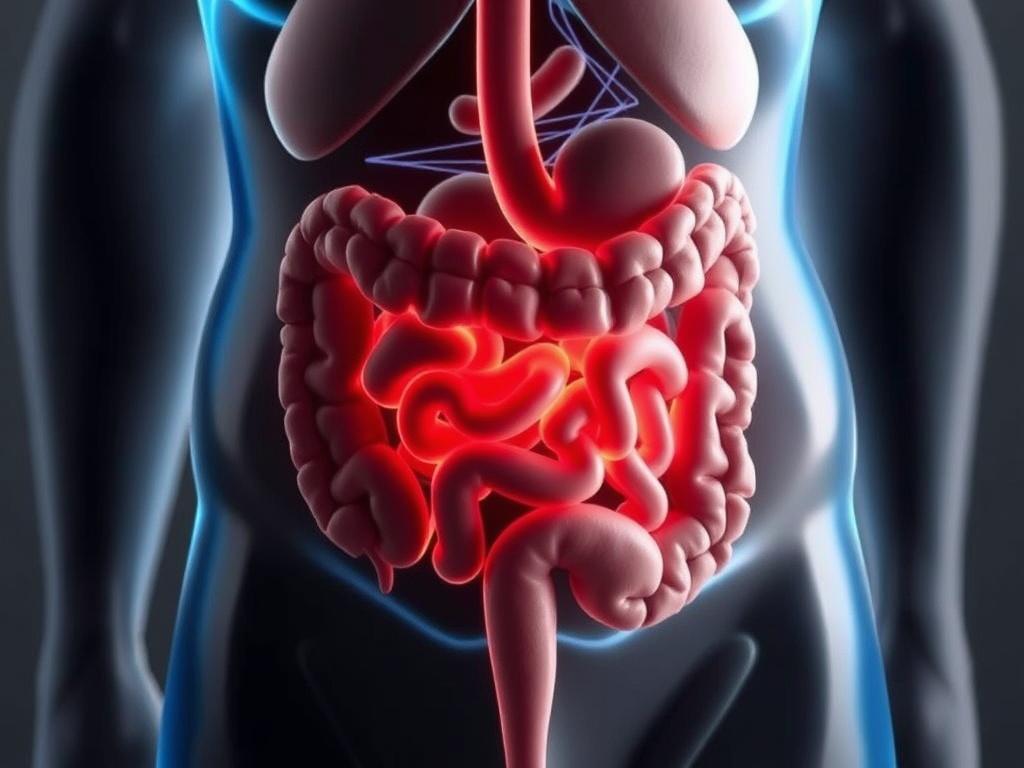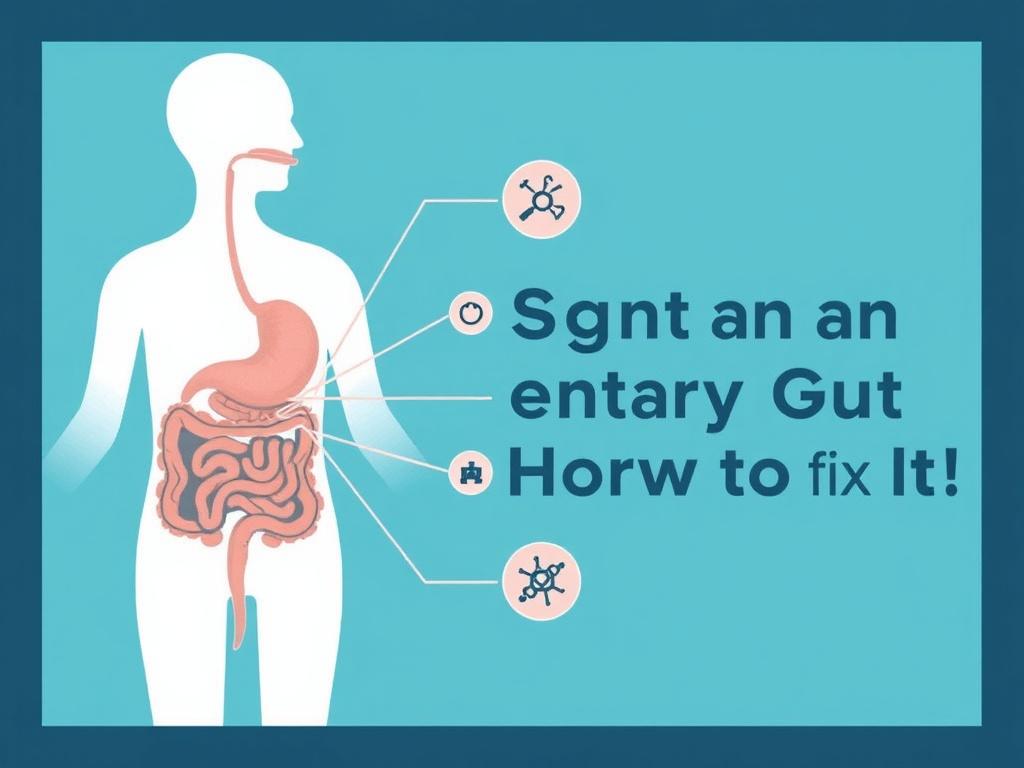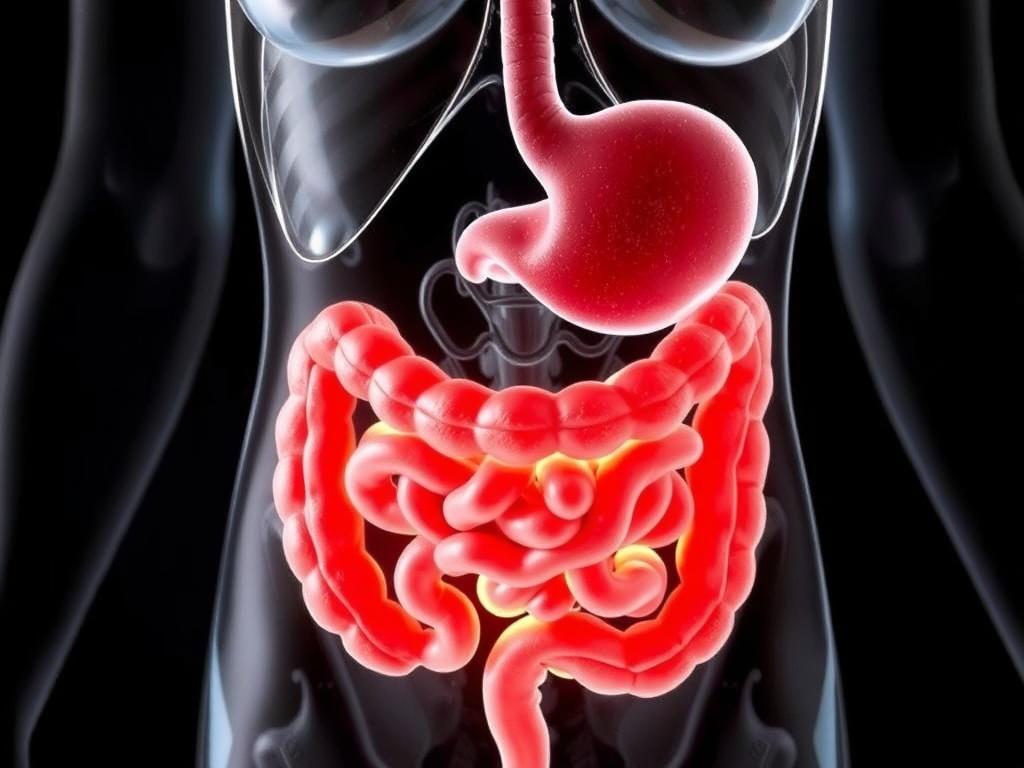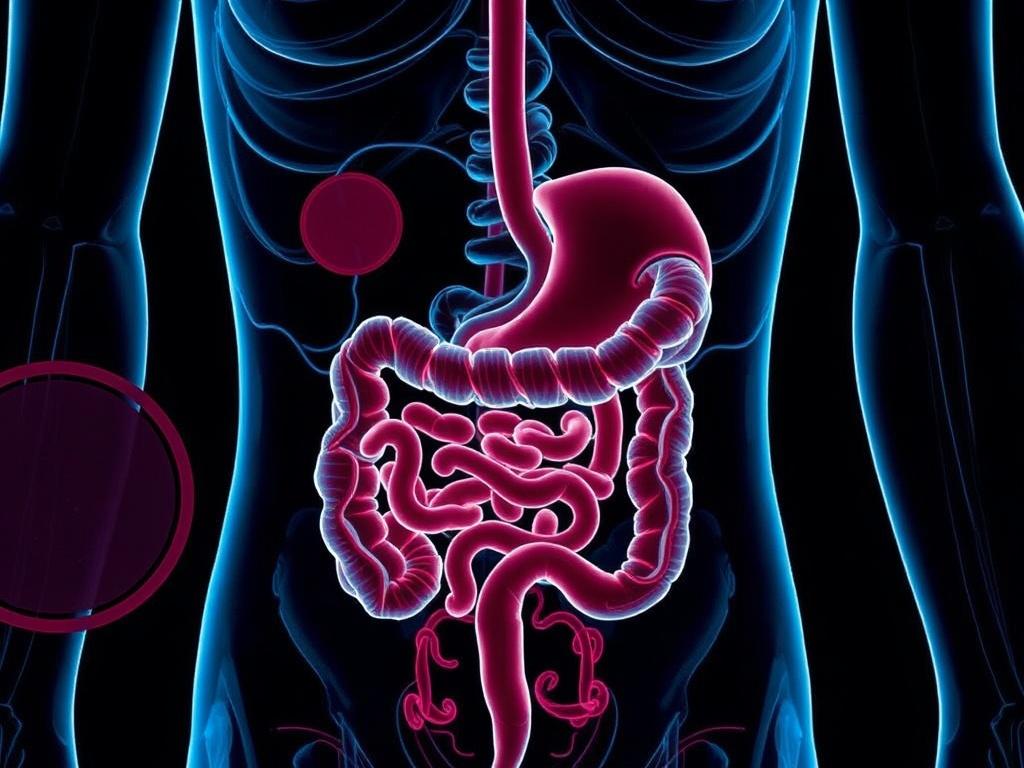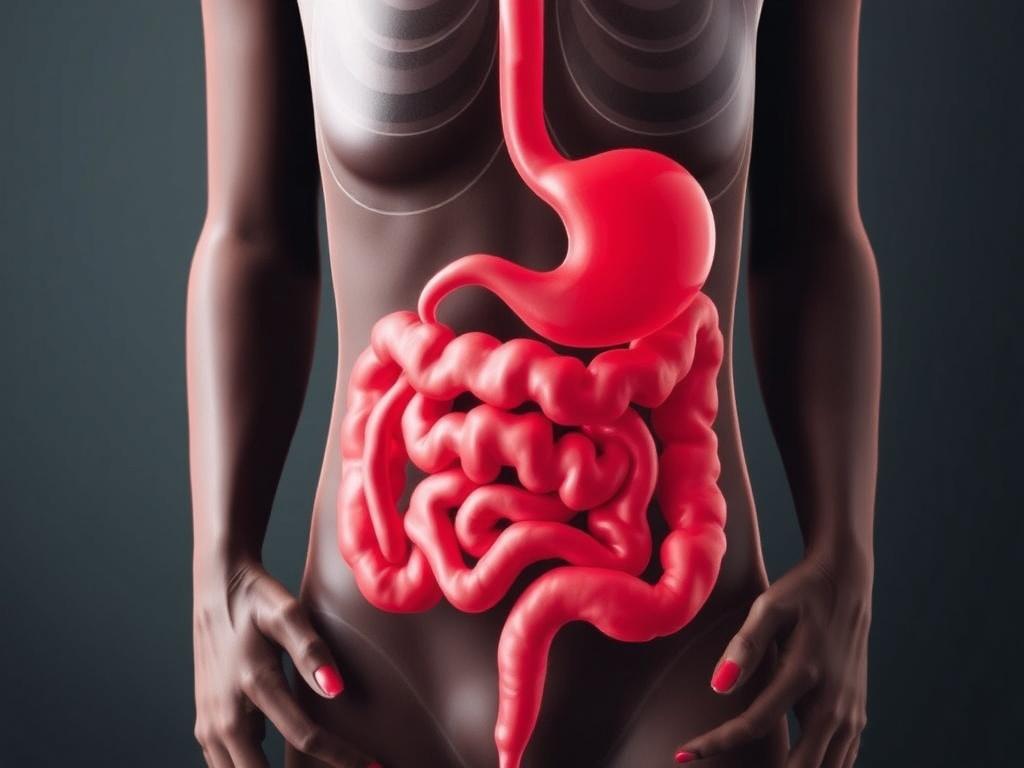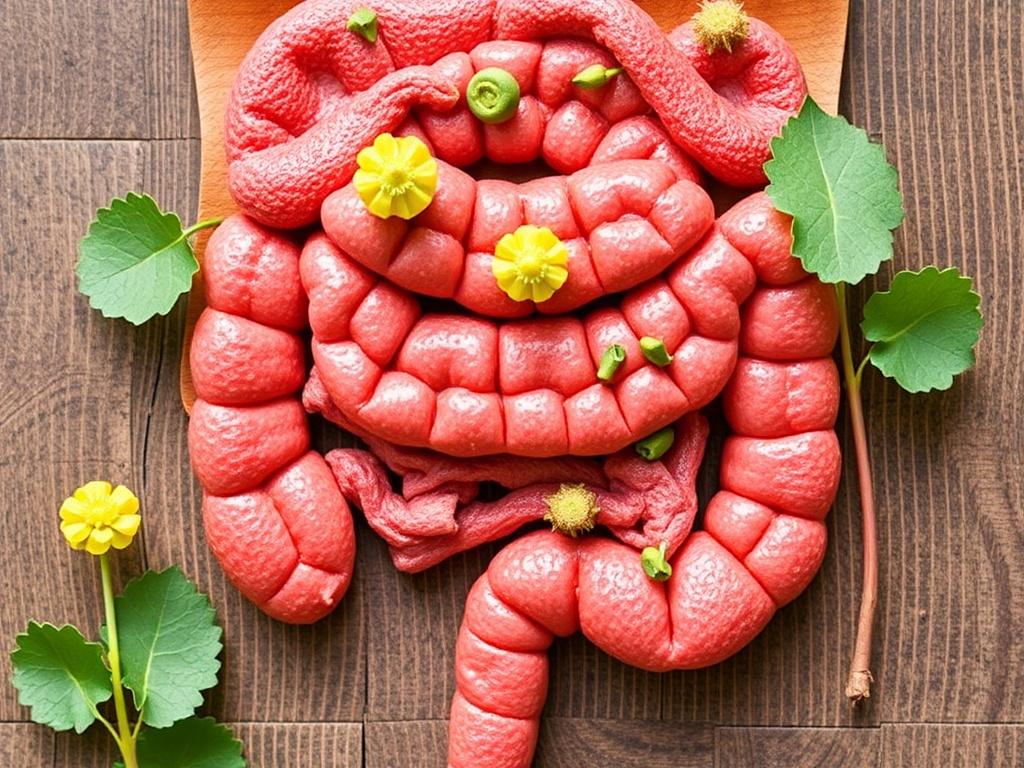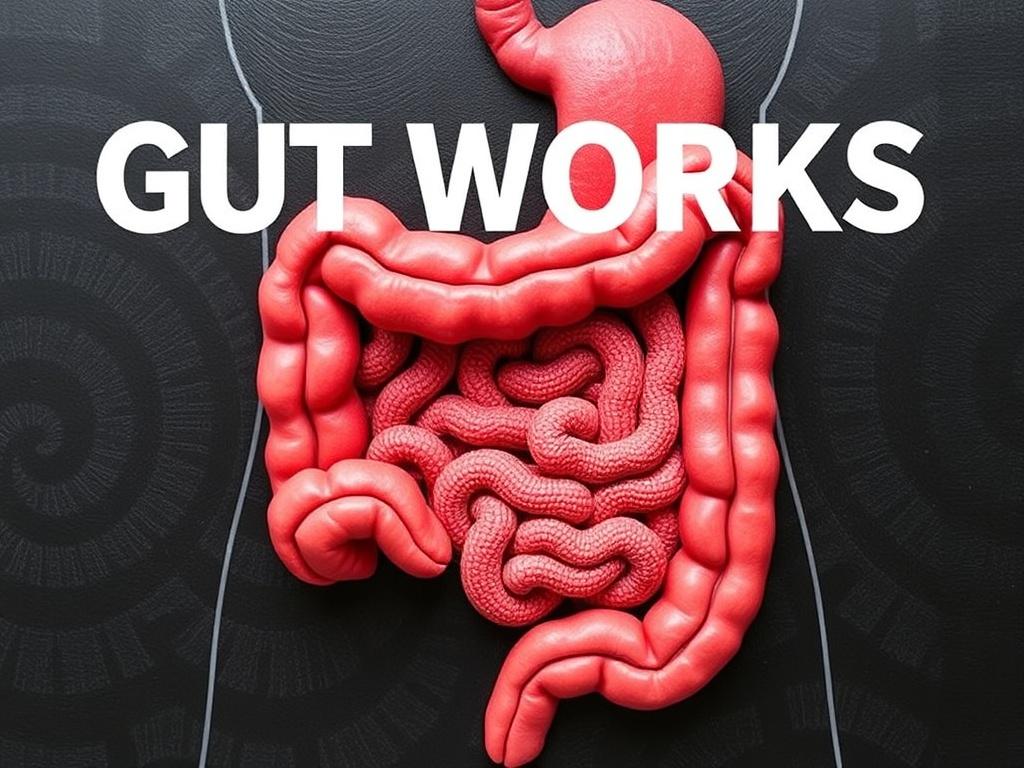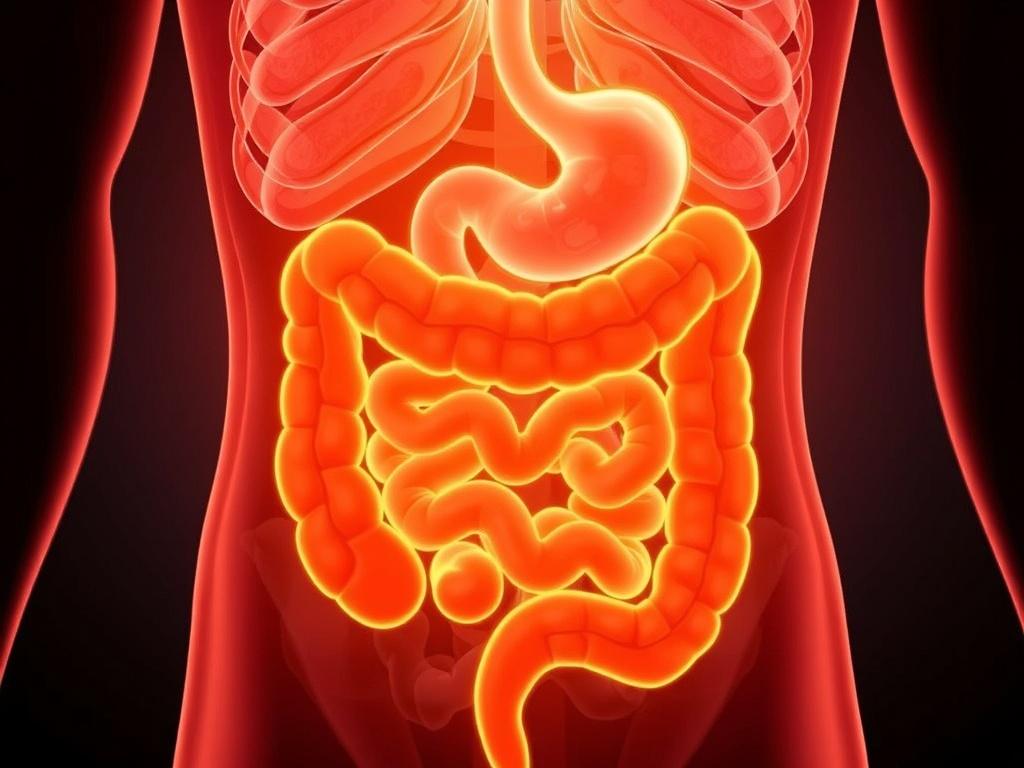Have you ever wondered why you might be feeling tired, bloated, or just «off» even when you’re eating well and staying active? The answer could lie deeper than you think — right inside your gut. Your gut isn’t just about digesting food; it’s a complex ecosystem that affects your overall health, mood, energy, and even your immune system. Recognizing the signs of an unhealthy gut is the first crucial step toward reclaiming your wellbeing. In this article, we’ll explore the most common signs of an unhealthy gut and provide effective, practical ways to fix it.
What Is the Gut and Why Is It Important?
Before diving into the signs and solutions, let’s clarify what the gut actually is. Your gut refers to the entire digestive tract, but most discussions focus on the intestines where most digestion and nutrient absorption happen. Inside your gut lives trillions of microorganisms—bacteria, viruses, fungi—which make up the gut microbiome. This community is essential for breaking down food, producing vitamins, regulating the immune system, and even influencing mental health.
The balance of these microbes determines whether your gut is healthy or unhealthy. When this balance is disrupted, a condition known as gut dysbiosis occurs, leading to various symptoms and health issues that will be discussed shortly.
Common Signs of an Unhealthy Gut
Identifying gut problems isn’t always straightforward since symptoms can be subtle and spread across different parts of your body. However, certain signals are strong indicators that your gut health needs attention. Here are the most common signs of an unhealthy gut:
- Bloating and Excess Gas: Feeling uncomfortably full or gassy after eating is often a red flag. This happens when undigested food ferments in your intestines or there’s an imbalance in gut bacteria.
- Diarrhea, Constipation, and Irregular Bowel Movements: Frequent diarrhea or constipation can mean your gut isn’t functioning properly or that there’s an intolerance issue.
- Unintentional Weight Changes: Significant weight loss or gain without changing your diet or lifestyle might point to gut problems affecting nutrient absorption.
- Food Intolerances: Eating certain foods results in gas, bloating, diarrhea, or nausea, which could indicate poor gut health rather than a true allergy.
- Fatigue and Sleep Disturbances: The gut produces much of the body’s serotonin, a hormone that regulates mood and sleep. An unhealthy gut can disrupt sleep and cause chronic fatigue.
- Skin Issues: Conditions like eczema, acne, or rosacea are often linked to gut health because inflammation in the gut can trigger skin inflammation.
- Autoimmune Conditions: Since much of the immune system resides in the gut, an unhealthy gut can misfire the immune system, leading to autoimmune diseases.
- Mood Swings and Mental Health Issues: Gut health affects the brain through the gut-brain axis. Anxiety, depression, and mood swings might be related to gut imbalances.
Signs of an Unhealthy Gut Explained in More Detail
When your gut flora is out of balance, harmful bacteria can overgrow, and this dysbiosis interferes with digestion and the body’s ability to fight infections. For example, gas and bloating occur because of undigested food sitting around too long, and the gut producing excess gas as bacteria break down this food.
Irregular bowel movements are another crucial symptom. Constipation might result from insufficient fiber or a lack of beneficial bacteria, while diarrhea could indicate infections or inflammation in the gut lining.
Food intolerances happen because a damaged gut lining lets food particles pass into the bloodstream, triggering immune responses that create symptoms similar to allergies.
More insidiously, the gut’s role in producing neurotransmitters means that poor gut health can directly impact mood and mental health. People with depression and anxiety often have disrupted gut bacteria, highlighting the connection between the gut and the brain.
Common Causes of an Unhealthy Gut
Understanding what causes gut problems helps in preventing and fixing them. Several key factors contribute to an unhealthy gut:
- Poor Diet: A diet high in processed foods, sugar, and unhealthy fats can kill beneficial bacteria and promote harmful strains.
- Excessive Antibiotics: While sometimes necessary, antibiotics kill both bad and good bacteria, disturbing the gut microbiome.
- Chronic Stress: Stress hormones directly affect gut motility and can change the composition of gut bacteria.
- Lack of Sleep: Poor sleep routines interfere with gut function and microbiome balance.
- Infections and Illnesses: Intestinal infections, parasites, and chronic diseases can severely affect gut health.
- Excess Alcohol Consumption: Alcohol irritates the gut lining and disrupts microbial balance.
The Role of Diet in Maintaining a Healthy Gut
One of the most impactful areas you can control is your diet because what you eat directly feeds your gut bacteria. Eating lots of fiber-rich plants like fruits, vegetables, whole grains, and legumes nurtures good bacteria. Conversely, diets heavy in sugar, artificial sweeteners, and processed foods encourage harmful bacterial growth.
Fermented foods—such as yogurt, kefir, sauerkraut, and kimchi—are excellent, as they add beneficial bacteria directly to your gut and improve diversity. Staying hydrated and eating a variety of colorful vegetables is also vital because different fiber sources feed different beneficial microbes.
How to Test for Gut Health Problems
If you suspect gut issues, you can take several approaches to pinpoint the problem:
- Food Diary: Track what you eat and your symptoms to identify possible food intolerances.
- Stool Tests: These tests analyze the composition of your gut bacteria, check for infections, and assess inflammation.
- Breath Tests: Used to diagnose conditions like small intestinal bacterial overgrowth (SIBO).
- Blood Tests: Certain markers like inflammation and immune responses can suggest gut issues.
- Elimination Diet: Cutting out common irritants like gluten, dairy, and artificial additives then slowly reintroducing them to see reactions.
When to See a Doctor
If your symptoms persist longer than a few weeks, worsen, or you experience severe abdominal pain, blood in stool, unintentional weight loss, or fever, it’s important to seek medical advice. These could indicate serious conditions requiring professional treatment.
Effective Ways to Fix an Unhealthy Gut
Fixing an unhealthy gut is entirely possible with consistent lifestyle and dietary changes. Here are practical, actionable steps to get started:
1. Change Your Diet
Eating a gut-friendly diet is the cornerstone of healing:
| Foods to Include | Why They’re Good for Gut Health |
|---|---|
| Fiber-rich fruits and vegetables | Feed beneficial gut bacteria and promote healthy digestion |
| Fermented foods (yogurt, kimchi, kefir) | Introduce probiotics to restore bacterial balance |
| Whole grains | Provide prebiotics that nourish good bacteria |
| Healthy fats (olive oil, nuts, seeds) | Support gut lining repair and reduce inflammation |
| Bone broth | Contains collagen and amino acids for gut healing |
At the same time, it’s wise to limit:
- Processed foods and artificial sweeteners
- High sugar and refined carbohydrates
- Excess alcohol and caffeine
- Foods you’re intolerant or allergic to
2. Manage Stress
Since chronic stress disrupts gut function, adopting stress relief techniques is crucial. Meditation, deep breathing, yoga, and regular physical activity can make a significant difference. Even simple daily walks or time in nature reduce stress hormones that harm the gut.
3. Improve Sleep Quality
Good sleep supports gut health. Try to maintain a consistent sleep schedule, avoid blue light from screens before bed, and create a restful environment. Poor sleep contributes to gut inflammation, so addressing sleep hygiene is part of the healing process.
4. Use Probiotics and Prebiotics
Probiotics are live beneficial bacteria available through supplements or fermented foods. Prebiotics are fibers that feed these bacteria. Incorporating both helps restore a balanced gut ecosystem.
| Probiotic Sources | Prebiotic Sources |
|---|---|
| Yogurt | Garlic |
| Kefir | Onions |
| Sauerkraut | Leeks |
| Kimchi | Bananas |
| Probiotic supplements | Asparagus |
5. Stay Hydrated
Water helps keep the gut lining moist and supports the mucosal lining that harbors good bacteria. Drinking enough water daily aids digestion and prevents constipation.
6. Avoid Unnecessary Antibiotics
Antibiotics should only be taken when necessary because they disrupt gut microbiome balance. If you do take them, try to offset the damage by increasing probiotic intake afterward.
7. Regular Exercise
Physical activity encourages healthy gut motility and supports bacterial diversity. Even moderate exercise such as walking, swimming, or cycling is beneficial.
Myths About Gut Health
As gut health has become a popular topic, misinformation also spreads. Let’s clear up some common myths:
- Myth 1: All bacteria in your gut are harmful.
In reality, most bacteria in your gut are beneficial and necessary for health. - Myth 2: You can fix your gut overnight.
Healing the gut takes time; consistent lifestyle changes are key. - Myth 3: Probiotics work exactly the same for everyone.
Different strains affect individuals differently. Personalization matters. - Myth 4: Gut detoxes and cleanses are always necessary.
The body naturally detoxifies, and extreme cleanses can harm gut bacteria.
Tools and Resources to Support Gut Health
Keeping your gut in optimal condition is an ongoing journey. The following resources can help you monitor and improve gut health:
- Apps: Food tracking apps like MyFitnessPal or Cara help identify food intolerances.
- Gut Health Tests: At-home microbiome testing kits such as Viome or UBiome provide personalized insights.
- Books and Guides: Books such as “The Good Gut” by Justin and Erica Sonnenburg explain gut science accessibly.
- Nutritionists and Gastroenterologists: Consulting professionals for personalized advice is essential for complicated cases.
Conclusion
Recognizing the signs of an unhealthy gut and taking action to fix it can dramatically improve your overall health and quality of life. Symptoms like bloating, irregular bowel movements, fatigue, and mood changes often point to gut imbalances that can be addressed through mindful diet, stress management, better sleep, and introducing probiotics and prebiotics. Remember, the gut is a complex ecosystem where balance is the key to health, and restoring it takes time and consistency. By nurturing your gut microbiome with the right foods and lifestyle habits, you unlock a powerful foundation for improved digestion, enhanced immunity, clearer skin, and even better mental well-being. Start listening to what your gut is telling you today, and you’ll be on your way to feeling better from the inside out.
Читайте далее:
